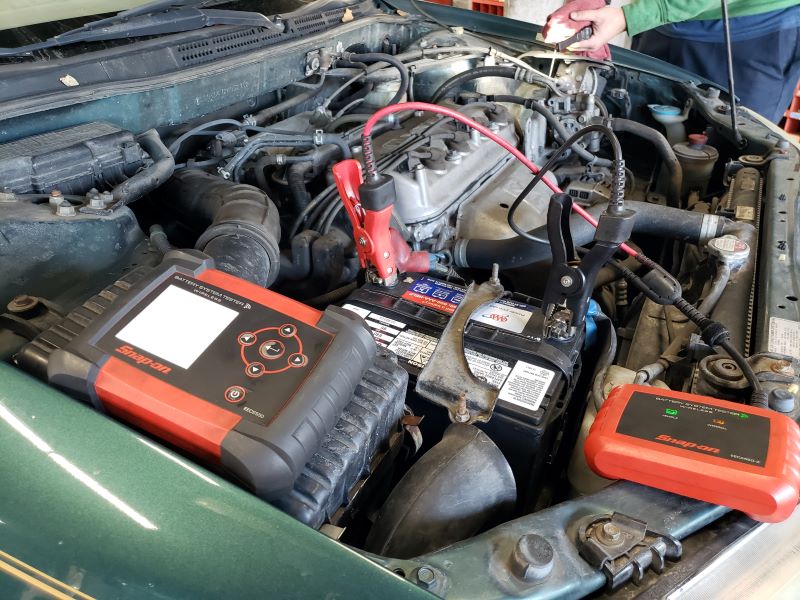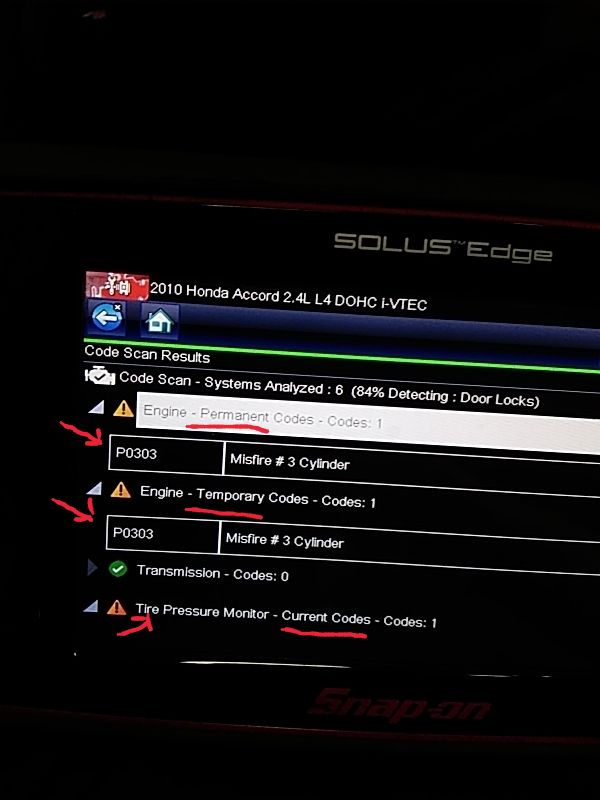Posted on 9/18/2023

Why Won’t My Car Start? When your car won’t start, it can be frustrating and inconvenient. Here are a few things that could cause your car not to start. A dead or weak batter is a frequent culprit. Signs include dimming lights and a clicking sound when turning the key. Regular battery service can prevent this issue. The starter motor cranks the engine. When it fails, you will hear a clicking sound, but your car won’t start. Regular checks can catch starter motor problems early. An empty fuel tank, clogged fuel filter, or a failing fuel pump can keep your car from starting. Worn spark plugs, ignition coils, and ignition switches lead to misfires and no starts. Routine maintenance prevents these issues. While those are the top five reasons your car won’t start, there could be a few other reasons. Alternator problems, ECM, or security system glitches also cause starting difficulties. Let our mechanics help. Visit us on Google: ... read more
Posted on 9/13/2023

What Does A Check Engine Light Mean? The Check Engine Light in your car can signal various issues. Emissions problems and sensor failures can cause the Check Engine Light to come on. The Check Engine Light is also known as the Malfunction Indicator Lamp. It is a critical warning on your car’s dashboard. When it lights up, it’s a sign that your car’s onboard computer (ECM or PCM) has found a problem in the engine or emission control system. Newer cars have robust emission controls. The Check Engine Light may indicate issues with parts like the catalytic converter or oxygen sensor. Loose gas caps, faulty fuel injectors, or fuel pump problems can trigger the Check Engine Light. Engine misfires from spark plugs, ignition coils, or vacuum leaks are common causes. Sometimes, transmission issues can also cause the Check Engine Light to come on. Wiring problems, faulty connectors, or electrical components in the engine control system can be root causes. Our mechanics will us ... read more